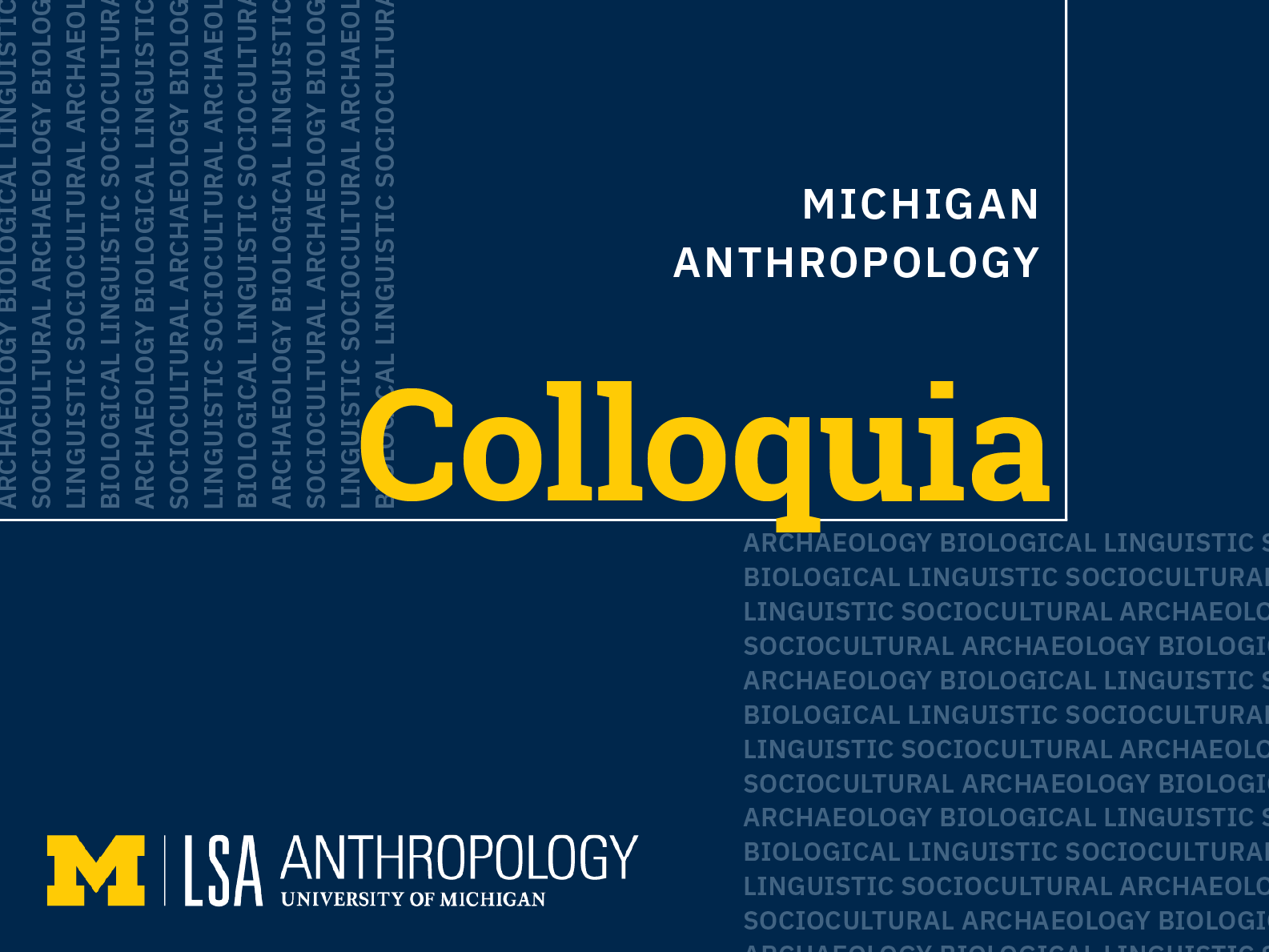Presented By: Ecology and Evolutionary Biology
EEB Student Dissertation Defense - Selections in molecular and phenotypic evolution
Siliang Song
Dissertation Title: Selections in molecular and phenotypic evolution
Dissertation Abstract: Selection plays an undoubtedly important role in evolution. My dissertation explores the pattern and impact of selection at both molecular and phenotypic levels. In Chapter 1, I challenged the neutral theory of molecular evolution by demonstrating that beneficial mutations are way more abundant than previously assumed. I proposed an adaptive tracking theory to reconcile this finding with the low substitution rate inferred from comparative genomic patterns; under this theory, a natural population is always adapting to the rapidly changing environment. In Chapter 2, I investigated the genetic maintenance of human same-sex sexual behavior (SSB) and showed that modern contraception had disrupted previously hypothesized evolutionary mechanisms that maintained SSB-associated alleles. In Chapter 3, I further distinguished between bisexual behavior (BSB) and exclusive SSB (eSSB) in their genetic basis, finding that BSB-associated alleles may confer reproductive advantages whereas eSSB-associated alleles are likely under negative selection. In Chapter 4, I examined the genetic architecture of the human sex ratio, identified the impact of large measurement error in inferring the heritability of sex ratio, and provided genomic evidence supporting Fisher’s principle. Finally, I addressed methodological aspects of evolutionary analysis: in Chapter 5, I uncovered biases in inferring fitness landscape ruggedness due to measurement errors and proposed a correction; in Chapter 6, I introduced “effective fitness” as a more informative metric to quantify fluctuating selection with genetic drift. Collectively, these findings underscore the pervasive role of natural selection in both molecular and phenotypic evolution and offer new frameworks for understanding
Dissertation Abstract: Selection plays an undoubtedly important role in evolution. My dissertation explores the pattern and impact of selection at both molecular and phenotypic levels. In Chapter 1, I challenged the neutral theory of molecular evolution by demonstrating that beneficial mutations are way more abundant than previously assumed. I proposed an adaptive tracking theory to reconcile this finding with the low substitution rate inferred from comparative genomic patterns; under this theory, a natural population is always adapting to the rapidly changing environment. In Chapter 2, I investigated the genetic maintenance of human same-sex sexual behavior (SSB) and showed that modern contraception had disrupted previously hypothesized evolutionary mechanisms that maintained SSB-associated alleles. In Chapter 3, I further distinguished between bisexual behavior (BSB) and exclusive SSB (eSSB) in their genetic basis, finding that BSB-associated alleles may confer reproductive advantages whereas eSSB-associated alleles are likely under negative selection. In Chapter 4, I examined the genetic architecture of the human sex ratio, identified the impact of large measurement error in inferring the heritability of sex ratio, and provided genomic evidence supporting Fisher’s principle. Finally, I addressed methodological aspects of evolutionary analysis: in Chapter 5, I uncovered biases in inferring fitness landscape ruggedness due to measurement errors and proposed a correction; in Chapter 6, I introduced “effective fitness” as a more informative metric to quantify fluctuating selection with genetic drift. Collectively, these findings underscore the pervasive role of natural selection in both molecular and phenotypic evolution and offer new frameworks for understanding



